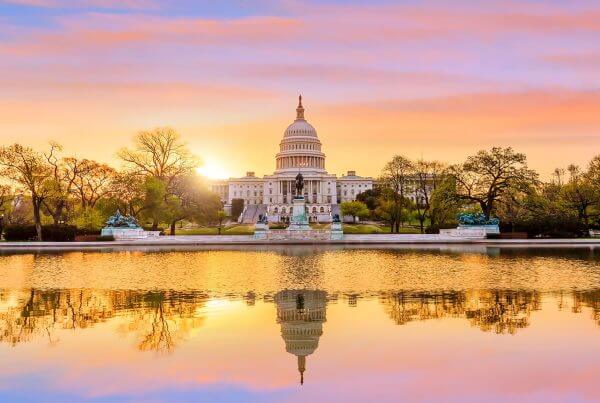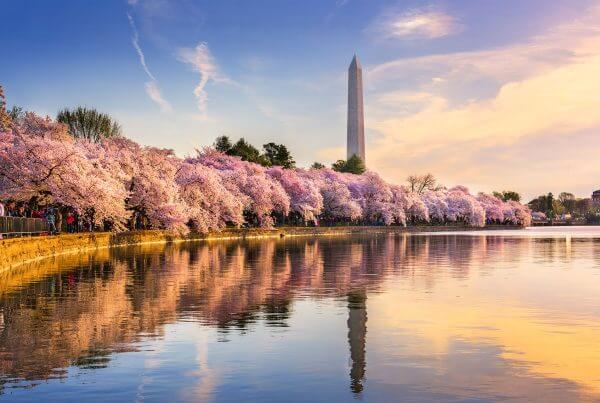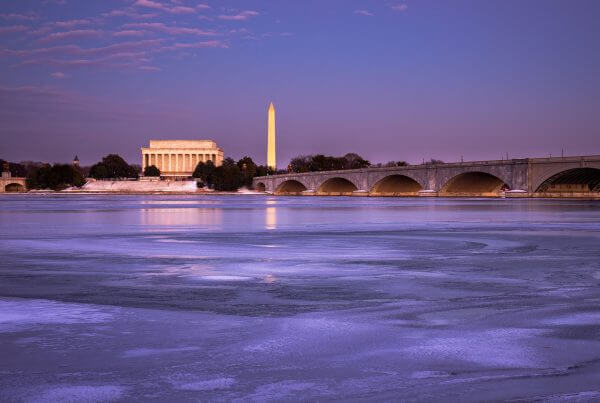Key Points
- On December 1, 2020, a US District Court in California struck down H-1B visa restrictions implemented by DOL and DHS
- The case concerns H-1B rules issued by DOL and DHS, without a 30-day public notice and comment period, for immediate effectiveness
- The court ruled that the DOL and DHS violated APA requirements upon implementing their interim final rules for the H-1B program
- The ruling prevents changes to the H-1B program regarding eligibility requirements and minimum salary requirements for H-1B applicants
Overview
On December 1, 2020, the US District Court for the Northern District of California decided that the interim rules for the H-1B program issued by the Department of Labor (DOL) and Department of Homeland Security (DHS) were invalid. The court granted the Plaintiffs’ (US Chamber of Commerce) motion for a partial summary judgment and denied the Defendants’ (US Department of Homeland Security) cross-motion.
What are the Changes?
The District Court’s order concerns the implementation of rules issued by the two federal agencies to make changes to the H-1B program. DOL and DHS asserted that their interim rules regarding changes to the H-1B visa program, which were effective immediately, were necessary to protect US workers during the COVID-19 pandemic. Both rules were issued on October 8, 2020, and are scheduled to take effect on December 7, 2020. However, the District Court found that the agencies unlawfully bypassed legal procedural requirements by issuing their interim final rules without a 30-day public notice and comment period. The agencies’ rules tightened eligibility requirements and increased minimum salary requirements for skilled H-1B applicants.
Both agencies invoked the good cause exception in the Administrative Procedure Act (APA), which allows government agencies to bypass the normal 30-day waiting period that is otherwise mandated by the APA before a rule can take effect. The agencies claimed COVID-19 as their reason for invoking the good cause exception and issuing the rules on an emergency basis. The court concluded that although COVID-19 is a national emergency, it is not sufficient to invoke the good cause exception. Additionally, the District Court found that the agencies did not provide sufficient evidence of the pandemic’s detrimental impact on the US workforce to invoke the good cause exception and bypass the public notice and comment period before issuing their rules.
What Should Employers and Applicants Know?
The court’s order follows extensive litigation surrounding the H-1B visa program. The court’s decision prevents the Trump Administration from tightening eligibility requirements and raising minimum salary requirements for foreign workers on high-skilled work visas.






